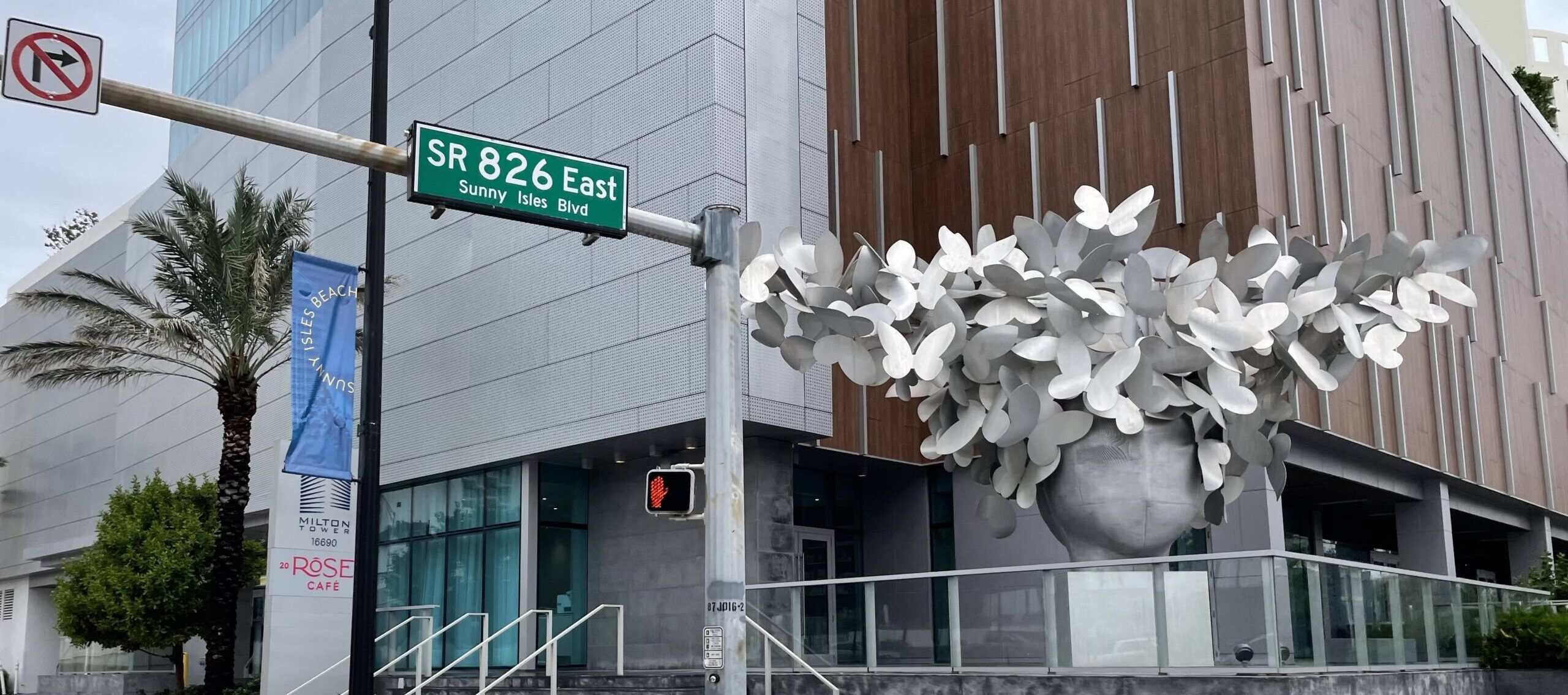In recent years, medical cannabis has gained popularity as a potential treatment for stress and anxiety, but how does it compare to traditional pharmaceutical drugs? While both options have shown efficacy, emerging research suggests that cannabis may offer fewer side effects and a more natural approach for some patients.
Effectiveness of Medical Cannabis for Stress and Anxiety
Research shows that cannabis, particularly strains high in CBD (cannabidiol) and low in THC (tetrahydrocannabinol), may help reduce anxiety without causing the psychoactive effects associated with high THC doses. A study published in the Journal of Affective Disorders in 2020 found that CBD-dominant cannabis significantly reduced anxiety and stress levels in users, with fewer side effects compared to pharmaceuticals .
Another study from Washington State University in 2018 showed that inhaled cannabis reduced stress and anxiety levels in users by over 50% after short-term use .
Effectiveness of Pharmaceuticals
On the other hand, pharmaceutical drugs like SSRIs (Selective Serotonin Reuptake Inhibitors) or benzodiazepines are commonly prescribed for anxiety and stress management. While effective, these medications often come with side effects such as drowsiness, dependency, and sexual dysfunction. Benzodiazepines, in particular, are known for their addictive potential, making long-term use a concern for many patients.
Which is More Effective?
While pharmaceuticals remain the first-line treatment for many patients, medical cannabis is increasingly seen as a natural alternative with fewer long-term side effects, especially for those seeking relief from mild to moderate anxiety and stress. However, cannabis may not be as effective for individuals with severe anxiety disorders, and more research is needed to establish its long-term efficacy compared to pharmaceuticals.
Sources:

